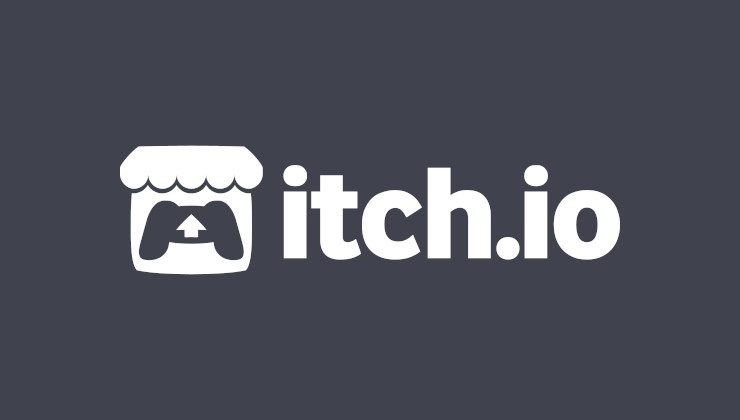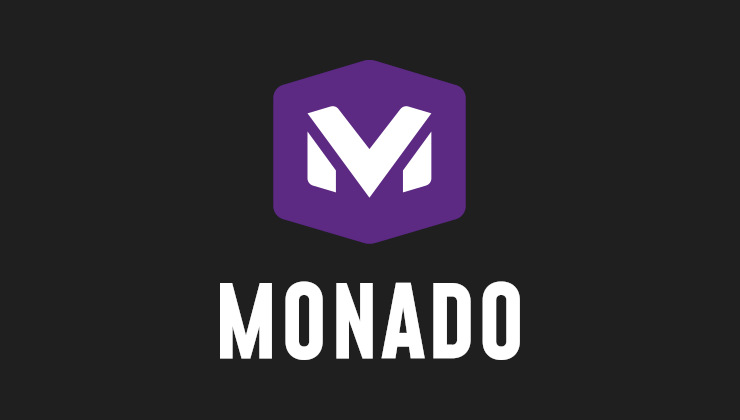In an interview with Endgadget, Sony discusses how Shenmue on Kickstarter came to be and future plans to gauge interest and fund intellectual properties via the help of Kickstarter. This, once again, prompts the discussion of whether the Linux community or interested parties such as Feral and Aspyr should do the same in order to bring games both old and new to Linux that would otherwise not make it over.
There you have it. What many Linux gamers have suggested and what many other Linux gamers have shot down time and time again is now being done by Sony, a major publisher and console manufacturer.
It was always brought forth that crowdfunding Linux ports would be rife with abuse, and understandably so when considering this list, but persuading developers to allow their games to be ported by trusted porters such as the aforementioned Feral and Aspyr, or by one of the renowned individual porters i.e. icculus, with an actual, monetary pledge should reduce any such risk greatly for us as well as for them.
In addition, for those who say that the larger companies have millions in funds and scores of programmers to throw at a project, you must also remember that these bigger entities usually answer to investors who care solely about how much they profit from an investment. Bringing older games to Linux or even introducing recent games to Linux poses a risk to them, so the more we can accommodate them, the more likely they will be to consider us for their investments as well.
What say you, members of the community? Does Sony doing this change anything? Are you for or against pledging money toward a Linux port, or are you still undecided?
QuoteSo I want to switch gears a little bit. I want to talk to you about Shenmue and crowdfunding. That was announced onstage on Monday and it's at about $3 million now. So let me ask you: Why did Sony PlayStation decide to allow that crowdfunding announcement as opposed to funding it?
Ah, no, no, no. It's a very exciting project and there are lots of PlayStation fans asking for it. But it's a Sega IP and of course Suzuki Yu-san is the creator. So somehow Suzuki-san was able to work out with Sega to allow them to Kickstart the project. And because we liked the project, our third-party relations team struck a deal to help Kickstart the campaign at the E3 conference. That's great PR.
Are there other beloved cult titles we can expect to see Sony boost in terms of crowdfunding?
I don't know. Gio Corsi [director of third-party production and developer relations] is the guy working on that.
(Sony PlayStation PR: They're building a list.)
Is there any game that you would like to see crowdfunded so it comes back?
Well, there are many old IPs that have not seen any new games. I can't name any specific ones. But this Shenmue campaign is very successful and also [Koji] Igarashi-san's Bloodstained campaign was very, very successful. And [it] proves that there are a lot of game creators in the past and [that] there's demand for their kind of games by the current consumers. So I hope that the developers in Japan, especially who are used to making console games ... see the success of Igarashi-san's and Suzuki-san's and get encouraged to do their own.
There you have it. What many Linux gamers have suggested and what many other Linux gamers have shot down time and time again is now being done by Sony, a major publisher and console manufacturer.
It was always brought forth that crowdfunding Linux ports would be rife with abuse, and understandably so when considering this list, but persuading developers to allow their games to be ported by trusted porters such as the aforementioned Feral and Aspyr, or by one of the renowned individual porters i.e. icculus, with an actual, monetary pledge should reduce any such risk greatly for us as well as for them.
In addition, for those who say that the larger companies have millions in funds and scores of programmers to throw at a project, you must also remember that these bigger entities usually answer to investors who care solely about how much they profit from an investment. Bringing older games to Linux or even introducing recent games to Linux poses a risk to them, so the more we can accommodate them, the more likely they will be to consider us for their investments as well.
What say you, members of the community? Does Sony doing this change anything? Are you for or against pledging money toward a Linux port, or are you still undecided?
Some you may have missed, popular articles from the last month:
All posts need to follow our rules. Please hit the Report Flag icon on any post that breaks the rules or contains illegal / harmful content. Readers can also email us for any issues or concerns.
Crowdfunding is best funding in my opinion. I'd like to see EVERYTHING crowdfunded, but my caveat is: after a work hits it's profit goal, it is then free and open source. I'd like to see a site created where this is the model.
Do away with copyright, incentivize artists and content creators to constantly make new things instead of guarding distribution of old works, attempting to maximize profit with an outdated and restricted model. The internet is a giant copy machine and copyrighting of digital products is broken and foolish. No amount of DRM can protect content. The best solution I can see is to prefund a work before it is ever released in full on the net. Get all the profit you want first, then make it free.
Crowdfunding can evolve from where kickstarter and indigogo are in this moment. There could be insurance, an actual guarantee. The barrier to entry could be higher. There could be dividends, why not? It will happen, mark my words.
People who don't want to take the risk? DON'T! Just don't. It's that easy. And stop your bitching about it, just because you don't like it, plenty of others do. There's no such thing as "exploiting the Kickstarter model", that's stupid. US law was changed to allow businesses to also take advantage of crowdfunding, and good! This is the change I want to see in the world, it's just the beginning.
Do away with copyright, incentivize artists and content creators to constantly make new things instead of guarding distribution of old works, attempting to maximize profit with an outdated and restricted model. The internet is a giant copy machine and copyrighting of digital products is broken and foolish. No amount of DRM can protect content. The best solution I can see is to prefund a work before it is ever released in full on the net. Get all the profit you want first, then make it free.
Crowdfunding can evolve from where kickstarter and indigogo are in this moment. There could be insurance, an actual guarantee. The barrier to entry could be higher. There could be dividends, why not? It will happen, mark my words.
People who don't want to take the risk? DON'T! Just don't. It's that easy. And stop your bitching about it, just because you don't like it, plenty of others do. There's no such thing as "exploiting the Kickstarter model", that's stupid. US law was changed to allow businesses to also take advantage of crowdfunding, and good! This is the change I want to see in the world, it's just the beginning.
0 Likes
Quoting: InsperatusUS law was changed to allow businesses to also take advantage of crowdfunding, and good! This is the change I want to see in the world, it's just the beginning.No surprise there. US law is changed on a regular basis to cater for big business. Of course game developers want to sell promises and get risk-free funding. Who wouldn't. I'm very pessimistic about this leading to anything much beyond the obvious.
Crowdfunding does provide a way for smaller developers and creators to bypass publishers and get their products into the market. Some of my favorite new games wouldn't exist without it. Still I'd bet my left kidney you'll be disappointed if you think this will lead to anything (especially legislation in the USA) that directly benefits us as consumers at the expense of game companies.
Your dream of AAA games being open-sourced after their initial funding goals are met is fun, but is very likely to remain a fantasy. I can see it happening with some indie titles, why not. It's entirely up to the developer after all. The bigger companies are obviously unwilling if not unable to give up on a lion's share of the profit.
1 Likes






 How to setup OpenMW for modern Morrowind on Linux / SteamOS and Steam Deck
How to setup OpenMW for modern Morrowind on Linux / SteamOS and Steam Deck How to install Hollow Knight: Silksong mods on Linux, SteamOS and Steam Deck
How to install Hollow Knight: Silksong mods on Linux, SteamOS and Steam Deck